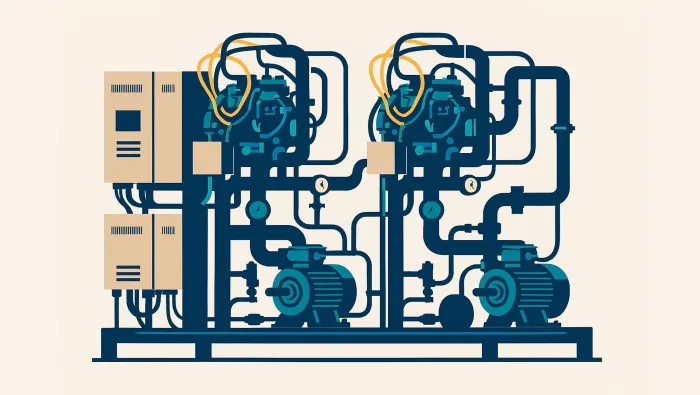Blog
Climate and responsibility: What the International Court of Justice’s decision means for states … and businesses.
31 July 2025

Blog
31 July 2025

On July 23, 2025, the International Court of Justice (ICJ) issued a landmark advisory opinion on state responsibility when it comes to climate change. This decision, while not legally binding, redefines international environmental obligations and will have profound repercussions for both public policy and industrial practices.
The ICJ affirms that:
In short, states can no longer hide behind their relative share of emissions or their level of development. They must show that they are taking all reasonable steps to mitigate their climate impact.
Even though the order targets states, it will have tangible impacts on businesses:
The ICJ’s opinion sends a strong message: international law is now clearly aligned with climate science. Waiting for obligations to become binding means running the risk of sanctions, lost markets and reputational damage.
Conversely, companies that take the lead can not only protect themselves against these risks but also position themselves as leaders of the transition. And this is a clear competitive advantage in a rapidly changing world.

23 August 2025
As Canada ramps up efforts to meet ambitious climate targets, one technology remains essential yet underused: the industrial heat pump. Capable of replacing gas or oil boilers in industrial processes, large buildings and district heating networks, it offers an efficient and sustainable solution tailor-made for Canadian realities.

28 November 2025
The new federal budget marks a real shift for Canada’s industrial sector. Rather than adding new hurdles, the government is doubling down on tax incentives designed to fast-track decarbonization and drive much-needed modernization across production lines. At the heart of these measures is the accelerated capital cost allowance, better known as the ‘super-deduction.’ This powerful tool allows companies to immediately deduct 100% of their investments in clean equipment and technologies from their federal taxable income.

10 November 2025
As industries face growing pressure to decarbonize, Renewable Thermal Systems (RTS) like heat pumps, hot water systems and thermal energy storage offer a practical, cost-effective solution to make industrial processes cleaner and more efficient.